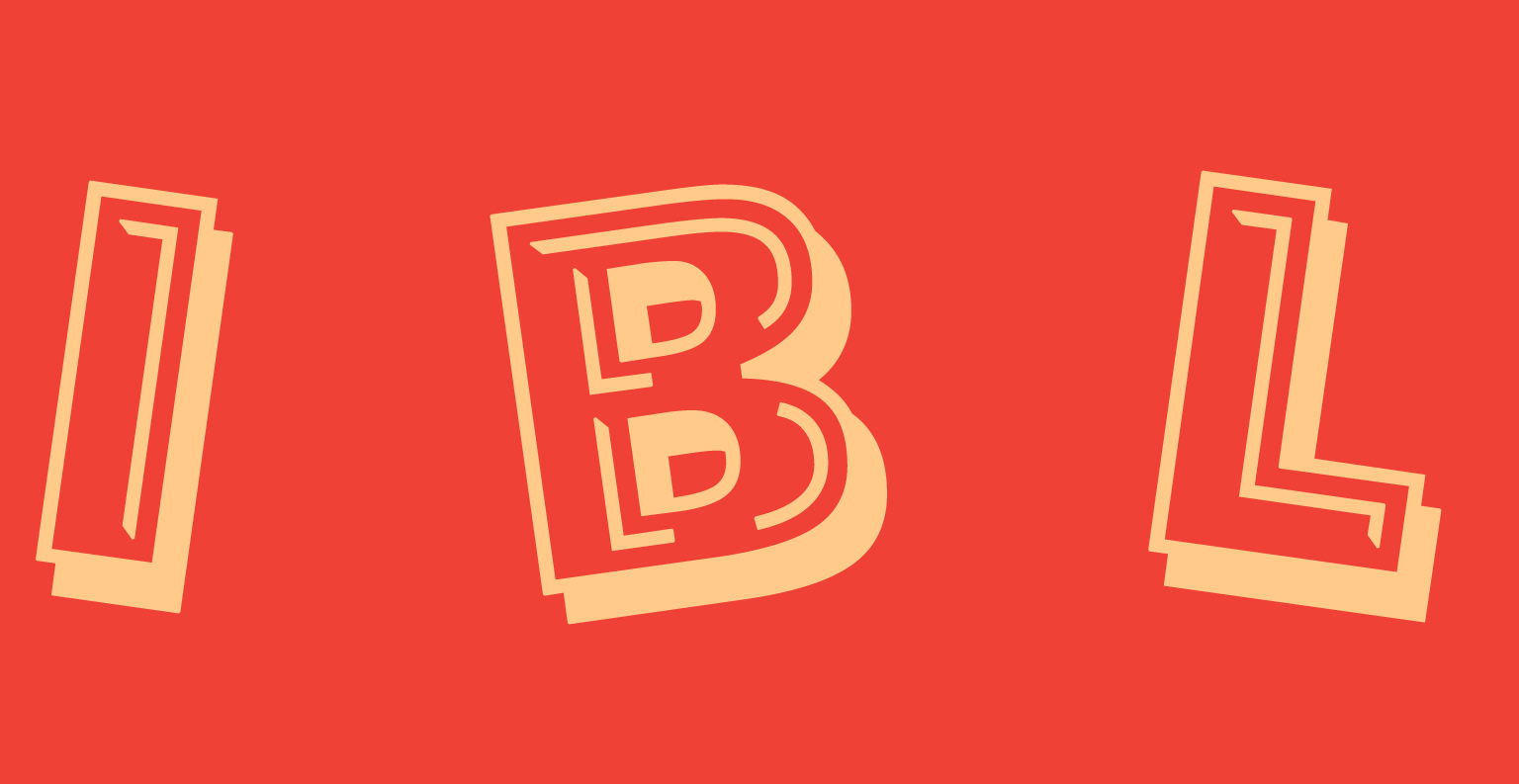| Edgeworks Product | 9 |
| Content Creation | 4 |
| SEM | 11 |
| Design | 11 |
| Instructional Design | 3 |
| Props | 218 |
| Alphabet Soup | 33 |
| Creative Collaboration | 1 |
| Website Ownership | 5 |
| Services | 5 |
| Client Website | 29 |
| Edgeworks Office | 18 |
| Marketing | 18 |
| AI Assisted Post | 1 |
| SEO | 10 |
| This Day in History | 1 |
| Branding | 1 |
| Book Review | 1 |
| Q&A | 3 |

I, B, and L come together in this spoonful of Alphabet Soup. IBL stands for Inbound Link and is a term used by marketers to describe a link which points to a page or asset you control. An inbound link is a really good thing when the web page pointing to your page is on-topic, and even better if the website pointing to you is considered an authority in the subject matter of the page being linked to.
Technically you don't need inbound links, but they are quite valuable for referral traffic and for search engine optimization.
If someone links to your website from their own it's possible that visitors to their website will click through to yours. The person arriving at your site is referred traffic from that source. Obviously the more popular a site is that links to you, the better. When the link comes from a relevant source it has the potential of introducing your site to someone who would have an interest in what you offer.
When your website receives an inbound link it can also help your page rank better with search engines. Every inbound link can be thought of as citation to your content. The words actually used within the link (the anchor text) can help your content rank for those same words in a query. For example, if you have a website that sells olive oil varieties it's much better to have a link with the text "olive oils" than one that reads "click here". Ideally the inbound link will be within relevant content. If the link sits alone it is less valuable than one that is surrounded by relevant content.
The real key to getting inbound links is to provide reasons for people to want to link to you. A handful of ways of accomplishing this include:
If you're struggling with building a portfolio of inbound links just know that you are not alone. This is one of the most difficult aspects of SEO and is often a long game strategy. One thing to be very wary of is buying inbound links. Purchased links can actually hurt your search rankings. It's much better to focus on creating content of interest and value and working on getting it found by sharing it socially. It is acceptable practice to reach out and ask for links, but be sure that if you are doing so there is reason another person would want to.